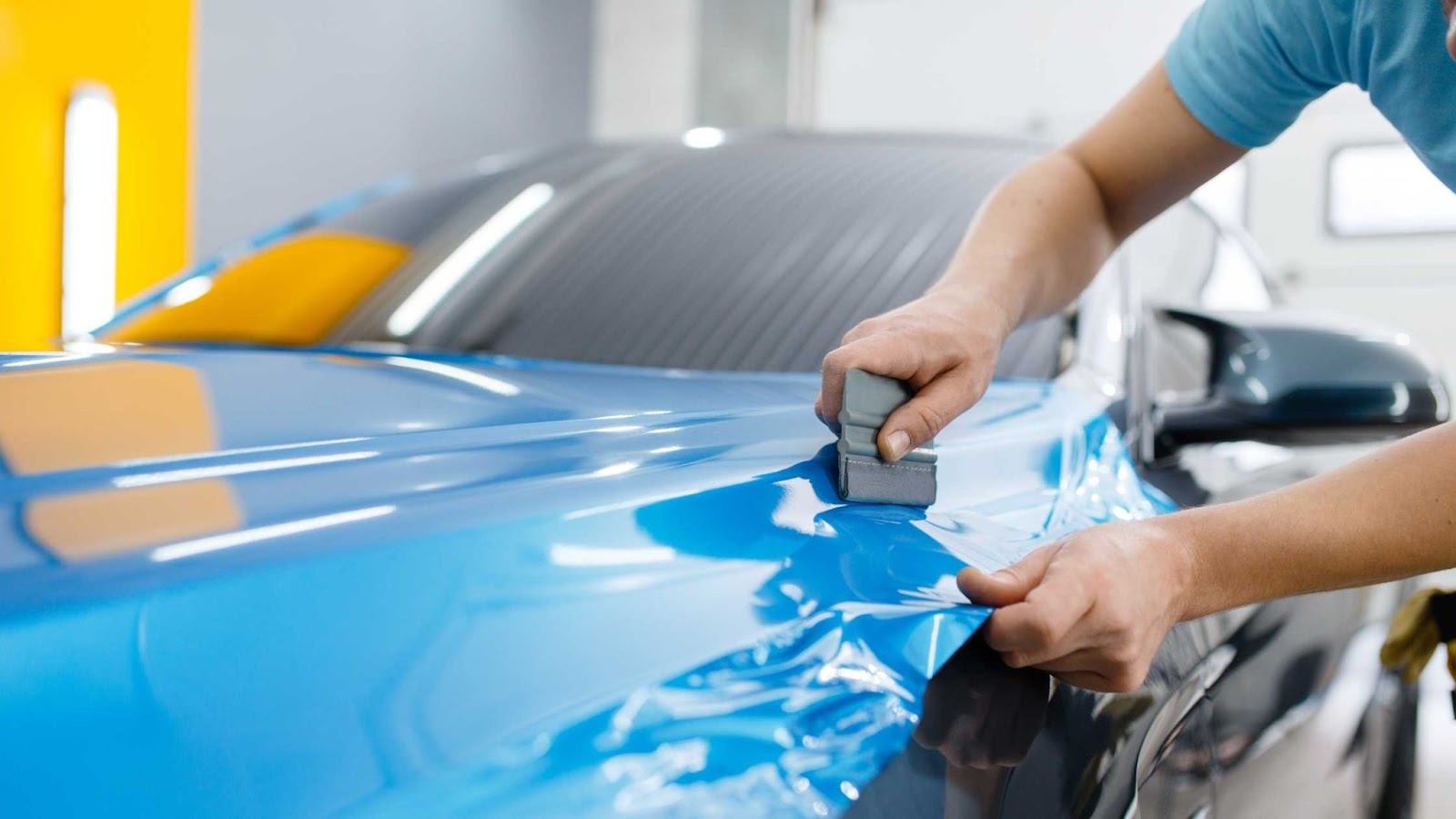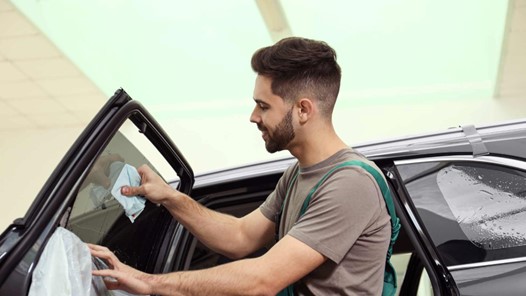
Vinyl wraps have revolutionized the automotive industry, offering an alternative to traditional paint that is versatile, cost-effective, and protective. Originally used for commercial branding on company vehicles, vinyl wraps have now become a popular customization option for personal cars, offering a nearly limitless range of colors, textures, and finishes.
But how does vinyl wrap actually work? What makes it so effective in protecting and transforming your vehicle? In this in-depth guide, we’ll explore the technology behind vinyl wraps and why they are more than just an aesthetic enhancement.
-
What is Vinyl Wrap?
Vinyl wrap is a high-quality, adhesive-backed film applied over the existing paint of a car. Unlike traditional repainting, which alters the vehicle’s original finish permanently, vinyl wrap provides a removable and customizable solution.
It consists of multiple layers:
- Polyvinyl Chloride (PVC) Film: The main material that provides durability and flexibility.
- Adhesive Layer: Designed to stick securely without damaging the original paint.
- Protective Coating: Offers resistance to UV rays, scratches, and chemical damage.
This multi-layered construction is what gives vinyl wraps their strength, versatility, and long-lasting finish.
-
How Vinyl Wraps Are Applied
Vinyl wrapping is a precise process that requires expert craftsmanship. Here’s how professionals apply it:
-
Surface Preparation
- The car is thoroughly cleaned to remove dirt, wax, and grease.
- Any imperfections (scratches, dents) are corrected to ensure smooth application.
-
Measuring & Cutting
- The vinyl is cut into sections, ensuring a perfect fit for different car panels.
-
Heating & Stretching
- Using a heat gun, the vinyl is softened to make it more flexible.
- It is carefully stretched and molded over curves and edges for a seamless finish.
-
Securing & Trimming
- The wrap is pressed down with squeegees to remove air bubbles.
- Excess material is trimmed, and edges are sealed for durability.
This process ensures a flawless, paint-like appearance while offering a non-permanent solution for those who like to change styles over time.
-
Why Vinyl Wraps Are So Effective
Vinyl wraps offer more than just aesthetics—they provide real-world benefits that make them a smart choice for car owners.
✔ Paint Protection
A vinyl wrap acts as a sacrificial layer, shielding your car’s factory paint from:
- UV rays that cause fading and oxidation.
- Scratches from road debris and car washes.
- Minor abrasions and environmental contaminants like tree sap and bird droppings.
✔ Cost Savings Over Paint
- A full car wrap costs significantly less than a high-quality paint job.
- Wraps require less maintenance—no waxing or polishing needed.
✔ Unlimited Customization
- Matte, satin, carbon fiber, metallic, and chrome finishes available.
- Ability to add custom graphics, racing stripes, or unique colors.
- Easily reversible—change your car’s look without commitment.
✔ Quick & Reversible
- Unlike paint, which requires weeks of work, a full wrap is done in a few days.
- Can be removed without damage, restoring your original paint.
-
How Long Do Vinyl Wraps Last?
A professionally installed vinyl wrap can last between 5 to 7 years, depending on:
- Exposure to sunlight (UV rays can shorten lifespan).
- Proper maintenance (hand washing is recommended).
- Quality of the film (premium brands last longer).
If well cared for, a vinyl wrap can outlast traditional paint jobs while keeping your car looking fresh and stylish.
Conclusion: Is Vinyl Wrapping Right for You?
Vinyl wrapping is not just about looks—it’s about protection, customization, and cost savings. Whether you want to refresh your car’s appearance, shield the paint from damage, or experiment with new colors, a vinyl wrap offers a flexible and budget-friendly solution.
For expert vinyl wrapping services with a wide selection of colors and finishes, get in touch with a local professional today and give your car the transformation it deserves!







